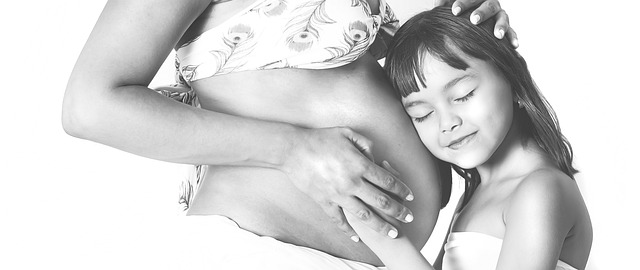Are you wondering about your fertility at 37 and if having a baby is still within reach? You’re not alone in this journey, as many women in their late 30s are successfully navigating pregnancy. With increasing birth rates among women aged 35 and older, it’s a promising time to consider starting or expanding your family.
While it may take a bit longer to conceive after 35, the average conception time remains relatively favorable. Women who are under 25 have about a 25 percent chance of conceiving each cycle, while those between 35 and 39 have a 15 percent chance. By the time women reach 40, this drops to around 5 percent.
If you’re ready to embark on this journey, there are key steps you can take to maximize your chances of getting pregnant. First, schedule a preconception appointment with your healthcare provider to ensure your health is in check. Understanding your menstrual cycle can also help identify optimal times for conception. Maintaining a healthy lifestyle—eating nutritious foods, getting enough rest, exercising regularly, and taking a prenatal vitamin—can further enhance your fertility.
If you find yourself trying to conceive for more than six months without success, don’t hesitate to seek advice from your doctor. Even if there are fertility challenges, many issues can be addressed effectively, allowing you to pursue pregnancy. For those considering different methods of conception, explore resources like Make A Mom for at-home insemination options and connect with others in similar situations through Make A Mom’s Facebook group.
Additionally, if you’re curious about how at-home insemination works, you can learn more about the process through this page: How It Works. For insights into implantation bleeding, check out What to Know About Implantation Bleeding, which can help you understand this early pregnancy sign.
For those considering IVF as an option, Healthline is an excellent resource for information. And if you’re interested in practical tips for home insemination, feel free to reference our article on First Aid Essentials to keep your journey smooth.
In summary, while conceiving after age 35 may come with its challenges, many women successfully become mothers in their late 30s. By taking proactive steps regarding your health and understanding your fertility, you can improve your chances of starting or growing your family.

